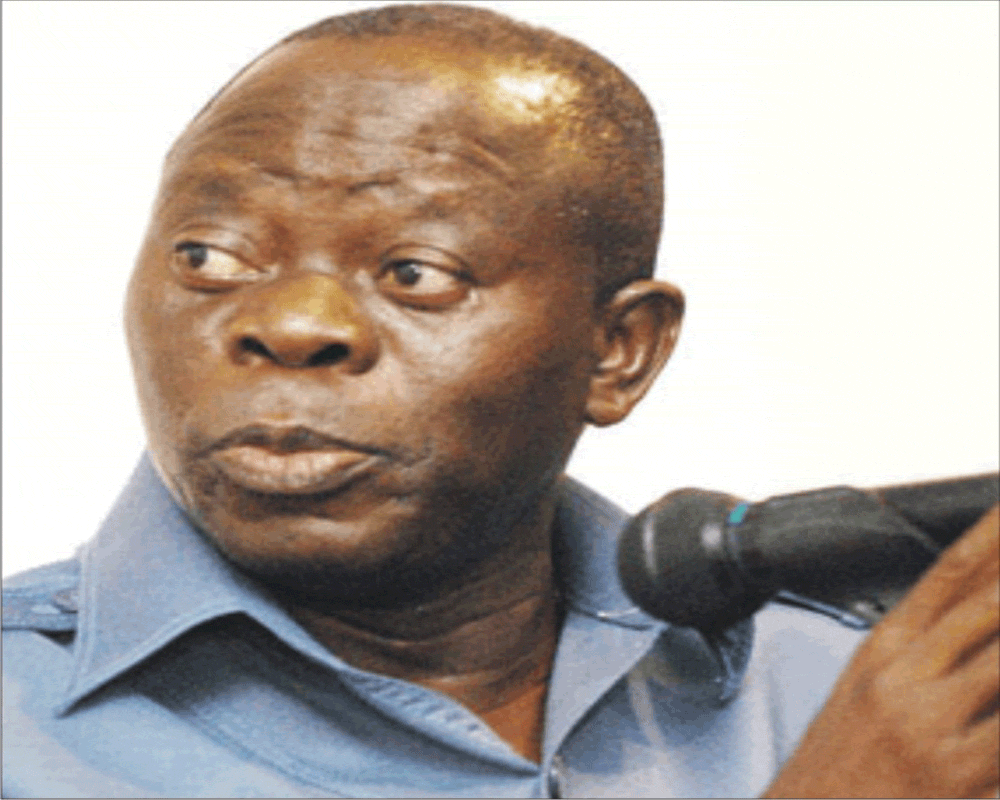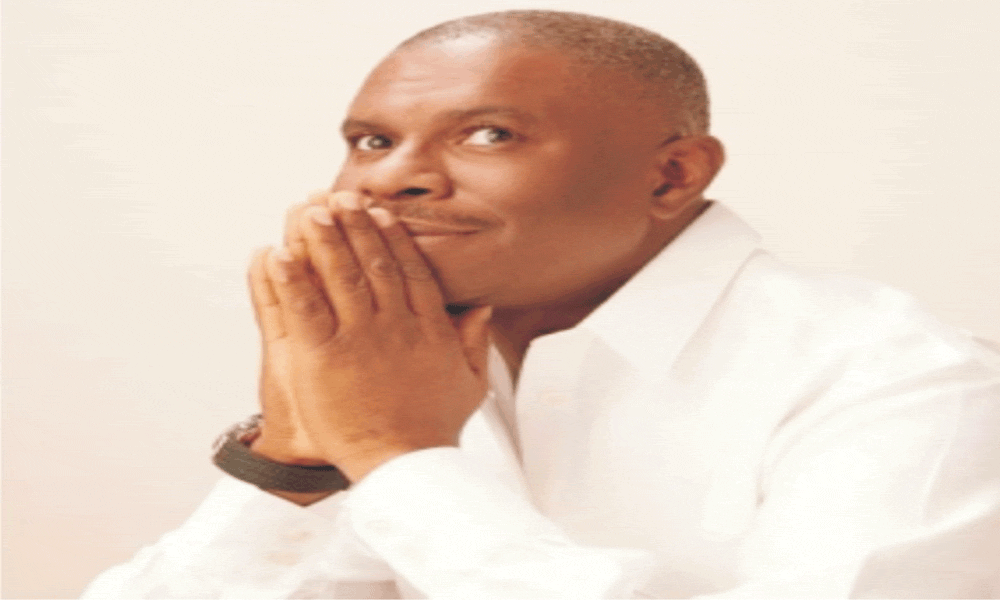The Slavish Petroleum Industry Bill (PIB) And The Niger Delta People
By Legborsi Pyagbara
My interest has been drawn to the debate on the recently passed PIB Bill by the both Houses of the National Assembly perhaps waiting for concurrence before its transmission to the President for assent.
I still strongly reiterate the position I said on the Rhythm 93.7 Viewpoint Programme last Saturday that Niger Delta leaders and her people should totally reject this bill because it is a reinforcement of the slavish treatment that has been meted to us over the years.
For instance, you have purportedly created a Host Communities Fund whose management, administration and membership is controlled by the oil companies leaving the communities without any real control over the Fund.
You intend to hold communities responsible for vandalism of oil infrastructure and the punishment is that expenditure on such infrastructural repair will be forfeited by communities from the fund.
Whose responsibility is it to protect oil infrastructure? On what justification is a 3% proposal being made? There is a complete difference between rights and privileges. The 3% proposal is being presented as if it is a gift being handed over to the Communities.
Everything about the 3% is faulty. Besides the injustice of the accruing percentage, why should the oil industry control the fund? Who determines 3% of the operating budget and is that information going to be made public? Why give Communities producing oil 3% whereas finding oil gets 30%?
In the wake of the Ogoni struggle and Gen. Babangida’s increment of 1.5% to 3%, the late Ken Saro-Wiwa said something and I quote. “You took my shirt, I demanded for a return of the shirt but you give me three (3) buttons from the shirt” This is manifest injustice. This is a clear case of insensitivity.
The biggest rape in the bill is the so-called devotion of 30% of NNPC profit into a so-called Frontier Exploration Fund (FEF) for oil exploration in frontier basins in an era when the world is talking about decarbonization of the energy sector and moving away from dependence on fossil fuel driven energy sources.
What has happened to our touted transition to a low carbon economy? Why can’t that fund be devoted to renewable energy development and green economy initiatives? For over fifty years, we have been searching for oil in these same basins without any concrete result.
Why the joy in embarking on this wild goose chase? It is indeed a drain pipe that should be stopped.
In 2004, MOSOP presented a shadow report to the United Nations Committee on the Elimination of Racial Discrimination (CERD) in which it raised concerns about the obnoxious nature of the 1969 Petroleum Decree and the Land Use Act particularly in the area of effective community participation in the entire value chain of the oil industry and the environmental damage arising there from.
Amongst others, the Committee in its concluding observations and recommendations called on the Nigeria government to repeal the 1969 Petroleum with mechanisms created to deliberately emplace effective community participation in the oil industry located on their land including making sure that the reforms addresses the issue of damage to the environment.
The Committee also recommended the reform of the Land Use Act. The question is, does the PIB in its current form assure us of community participation in the entire value chain of the Industry in areas they can play a role.
I have always stressed that affirmative action is always used to address issues of exclusion, discrimination and the seeming backwardness of a particular group in a particular sector of their national life. For over sixty years of oil exploration in Nigeria, nobody can deny the fact that the Niger Delta (ND) peoples have been sexploited and excluded in the activities of the oil industry?
How many Niger Delta people own oilwells and marginal fields? How many Niger Delta people operate at the echelons of the oil industry? Do you not expect a new law of this nature to address some of these concerns especially targeted at bringing the ND people and their businessmen to become active players in the industry through a deliberate process of positive discrimination?
Before someone will raise issue of ND people having a sense of entitlement, let me also inform us that affirmative action /positive discrimination has been operating in Nigeria for over five decades now.
There was a time when the entire Northern Nigeria had only one graduate whilst the South has thousands of graduates. That means the North was educationally backward compared to the South as far as education was concerned.
In order to address this backwardness and make the North catch up with the South, a process of positive discrimination was introduced through lowering of the scores/entry requirements for students from the North into tertiary institutions and Federal Government Unity Colleges.
This explains why Southerners score over 200 in JAMB but cannot gain admission whereas Northerners with less than 200 even in the same programme and the same school gain admission.
The same applies to Unity colleges. Who will not say that the North has improved considerably in education with this policy and the educational backwardness reduced.
This same can be done in the oil sector to make Niger Delta people play active role in the industry. Why is it that the provisions in the Solid Minerals Act that provides for community participation not incorporated into this Bill?
Why two different approaches in dealing with communities under two different laws? The new Petroleum law reinforces the domination of the same group of people who are currently dominating the sector without any deliberate process of bringing the people that bear the brunt of the externalities of oil extraction into the economic chain.
The lip service being paid to environmental protection is ridiculous and unacceptable. The duplicity of the role of the Federal Ministry of Environment (FMEnv) and the regulatory authority in the area of environmental management plan is suspicious.
The Nigeria Government had in its Nationally Determined Contributions (NDC) to the United Nations Framework Convention on Climate Change(UNFCCC) stated that Gas Flaring will be phased out in 2030. Where there is policy coherence, one would have expected this to be taken cognizance of in this new law.
The imposition of high penalty in the Bill on gas flaring does not in any way address the question of the negative impact of gas flaring on ND peoples and her environment. What it still means is that if you can pay, you can continue to flare your gas and pollute our environment.
This satanic verse perfected in satanic sanctums and dressed in the garment of legislation to pave way for another wave of recolonization of the Niger Delta must be rejected by the peoples of the Niger Delta. It is time we rise up together as a people against this Bill.
– Legborsi Saro Pyagbara, Executive Director, Indigenous Centre for Energy and Sustainable Development (ICE-SD) and former President, The Movement for the Survival of the Ogoni People (MOSOP)



